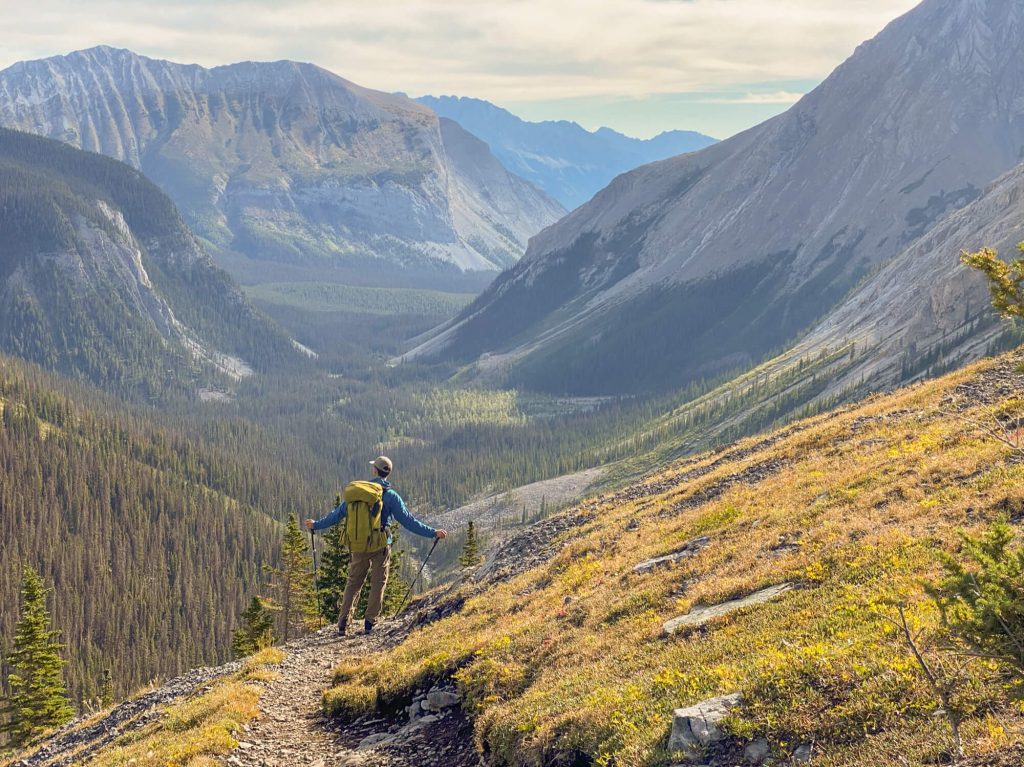Camping in the wild can be an incredible experience, allowing you to connect with nature and disconnect from the hustle and bustle of everyday life. However, it’s important to remember that the great outdoors can also be dangerous if you’re not prepared. That’s why it’s essential to take some precautions to ensure your safety while camping in the wilderness.
Here are some tips for staying safe while camping in the wild:
1. Do Your Research: Before heading out into the wilderness, make sure you do your research. Check the weather forecast, familiarize yourself with the area you’ll be camping in, and learn about any potential dangers such as wildlife or hazardous terrain. Knowing what to expect will help you better prepare for your trip.
2. Pack the Right Gear: When camping in the wild, it’s crucial to pack the right gear. This includes essentials like a tent, sleeping bag, camping stove, water purification tablets, first aid kit, and extra clothing. Additionally, make sure you have a reliable map and compass, as well as a fully charged cell phone or satellite phone for emergencies.
3. Tell Someone Your Plans: Before heading out into the wilderness, make sure you tell someone your plans. Provide them with a detailed itinerary of where you’ll be camping and when you expect to return. This way, if something goes wrong and you don’t return on time, someone will know to alert authorities.
4. Stay Hydrated: Dehydration is a common risk when camping in the wild, especially if you’re hiking or engaging in physical activities. Make sure you drink plenty of water throughout the day, and consider carrying a water filter or purification tablets in case you need to refill your water supply from a natural source.
5. Practice Leave No Trace: When camping in the wild, it’s essential to practice Leave No Trace principles. This means respecting the environment and leaving no trace of your presence behind. Make sure you pack out all your trash, use designated campgrounds when available, and avoid damaging plants and wildlife.
6. Be Aware of Wildlife: When camping in the wild, it’s important to be aware of potential wildlife encounters. This includes bears, mountain lions, snakes, and other potentially dangerous animals. Make noise while hiking to alert animals to your presence, store food properly to avoid attracting wildlife to your campsite, and carry bear spray or other deterrents if necessary.
7. Stay Warm: Temperatures can drop significantly at night when camping in the wild, even in the summer months. Make sure you have enough layers to keep yourself warm, including a sleeping bag rated for the expected low temperatures. Additionally, consider bringing a portable heater or hot water bottle to keep warm in colder conditions.
8. Be Prepared for Emergencies: Despite your best efforts to stay safe while camping in the wild, emergencies can still happen. Make sure you’re prepared for the unexpected by carrying a first aid kit, emergency shelter, whistle, signal mirror, and other survival tools. Additionally, familiarize yourself with basic first aid techniques and how to signal for help if needed.
9. Trust Your Instincts: If something doesn’t feel right while camping in the wild, trust your instincts. If you sense danger or feel uncomfortable, it’s better to err on the side of caution and retreat to a safer location. Remember that your safety should always be your top priority.
10. Practice Good Campground Etiquette: Finally, remember to practice good campground etiquette while camping in the wild. This includes respecting other campers’ privacy, keeping noise levels down, properly disposing of waste, and following any rules or regulations set by the campground or park authorities. By being a responsible camper, you’ll help ensure a positive experience for yourself and others.
In conclusion, camping in the wild can be a fantastic way to experience the beauty of nature and reconnect with the outdoors. By following these tips for staying safe while camping in the wild, you’ll be better prepared to handle any challenges that come your way and enjoy a safe and memorable camping experience. Remember to plan ahead, pack the right gear, stay hydrated, practice Leave No Trace, be aware of wildlife, stay warm, be prepared for emergencies, trust your instincts, and practice good campground etiquette. Happy camping!

